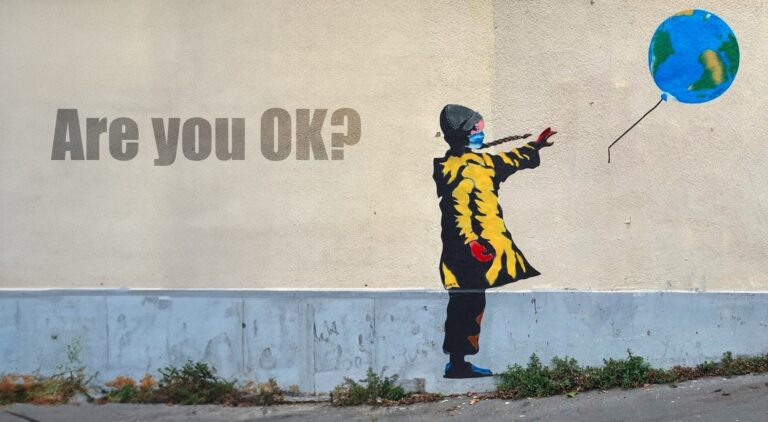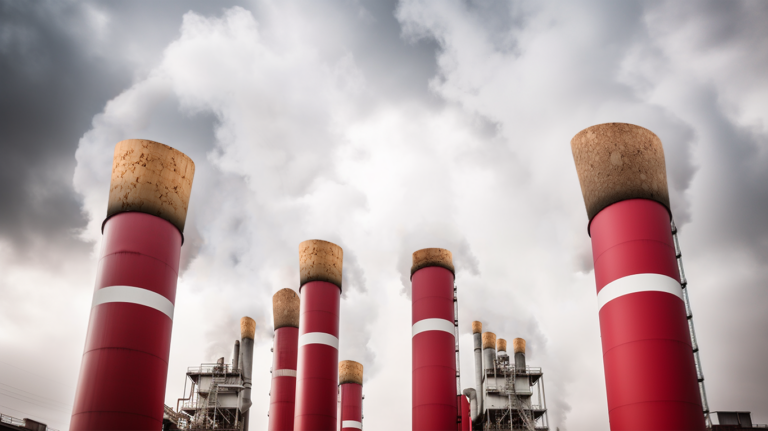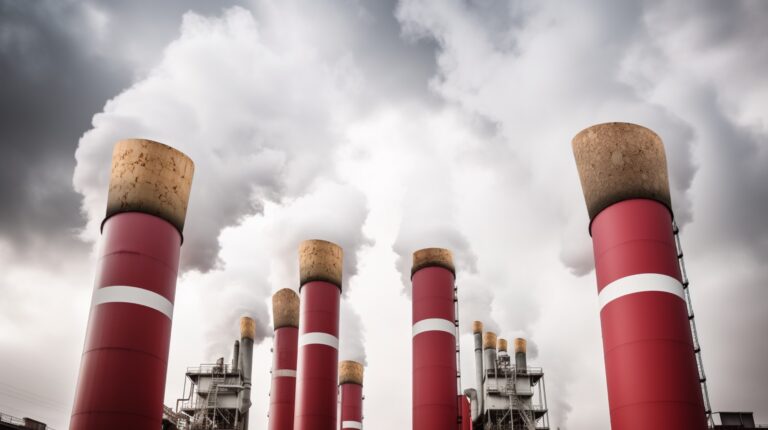Last Tuesday, as news broke that an eighteen-year-old with a rifle had opened fire at an elementary school in Texas, there was a collective gasp. In that moment, it didn’t matter whether you lived thousands of kilometres away or knew anyone involved—it was impossible to escape the pain of it.
If your thoughts have continued to return to the horror of that day, you’re not alone.
Although we hesitate to speak about the emotions the Uvalde massacre has stirred up (after all, it didn’t happen to us, our loved ones, or even in our country), the fact that we feel something at all is a testament to our innate wisdom and humanity.
Joanna Macy, a pioneer of the American environmental movement, has spent the better part of her life helping people reconnect with the natural world and each other. We are not separate, explains Macy, despite what we may be told:
“This is a dark time, filled with suffering and uncertainty. Like living cells in a larger body, it is natural that we feel the trauma of our world. So don’t be afraid of the anguish you feel, or the anger or fear, because these responses arise from the depth of your caring and the truth of your interconnectedness with all beings.”
The challenges we face will not be solved by compartmentalizing or othering. We need each other more than ever, and to the extent that we can widen our circle of care, we will be better equipped to respond.
Somini Sengupta, the international climate reporter for the New York Times, wrote about the Uvalde school shooting from Davos, Switzerland, where she was covering the World Economic Forum. “I write to you today as a parent,” she said, “a terrified American parent.” Sengupta felt torn between reporting on the climate crisis, which had brought her to Davos, and the immediate threat of gun violence back home—that is, until former US vice president Al Gore, who was also attending the Forum, said this:
“Some of the same reasons why the United States has been incapable of responding to these tragedies are the same reasons — lobbying, campaign contributions, the capture of policymaking, the control of politicians with money, lobbyists — that it has been impossible to pass climate legislation. Our democracy has been paralyzed, bought, captured. It has to stop.”
Although we may not know what to say or do at this moment, it’s important not to turn away from this tragedy, or the next one. Resist the urge to draw a line between your own suffering and that of others. If you can, you’ll find yourself living much closer to the truth of how things really are.
If you’re interested in exploring Joanna Macy’s work and teachings, she has a free online workshop coming up on June 14: Climate Change as Spiritual Practice. You can find details and register here.
In friendship,
Tynette Deveaux
Beyond Coal Atlantic campaign
Sierra Club Canada Foundation




